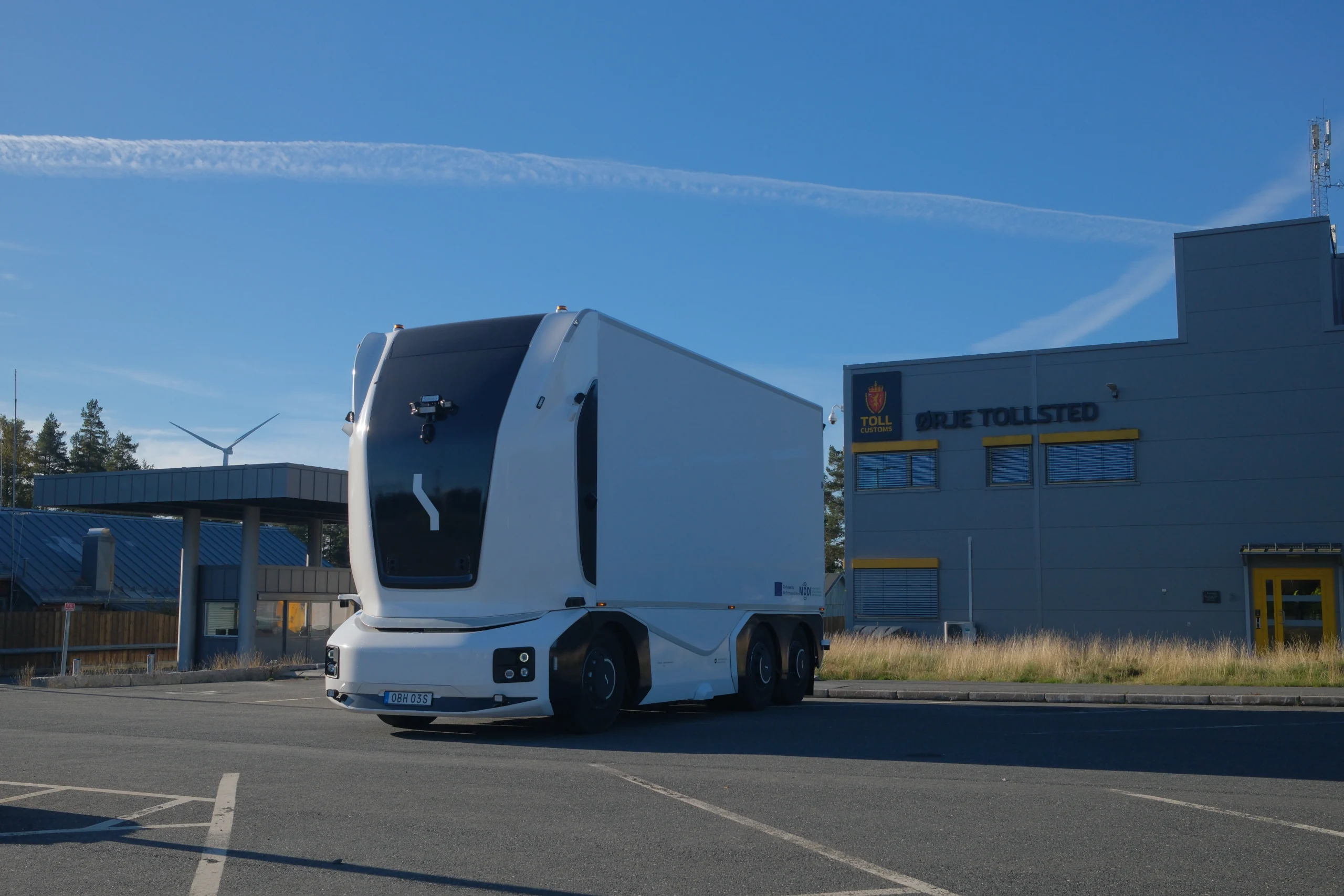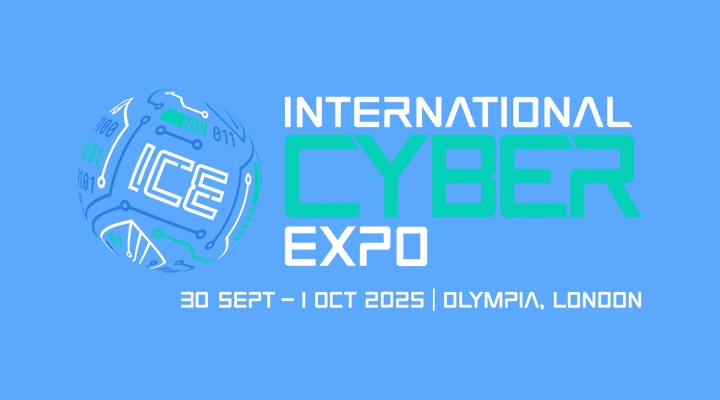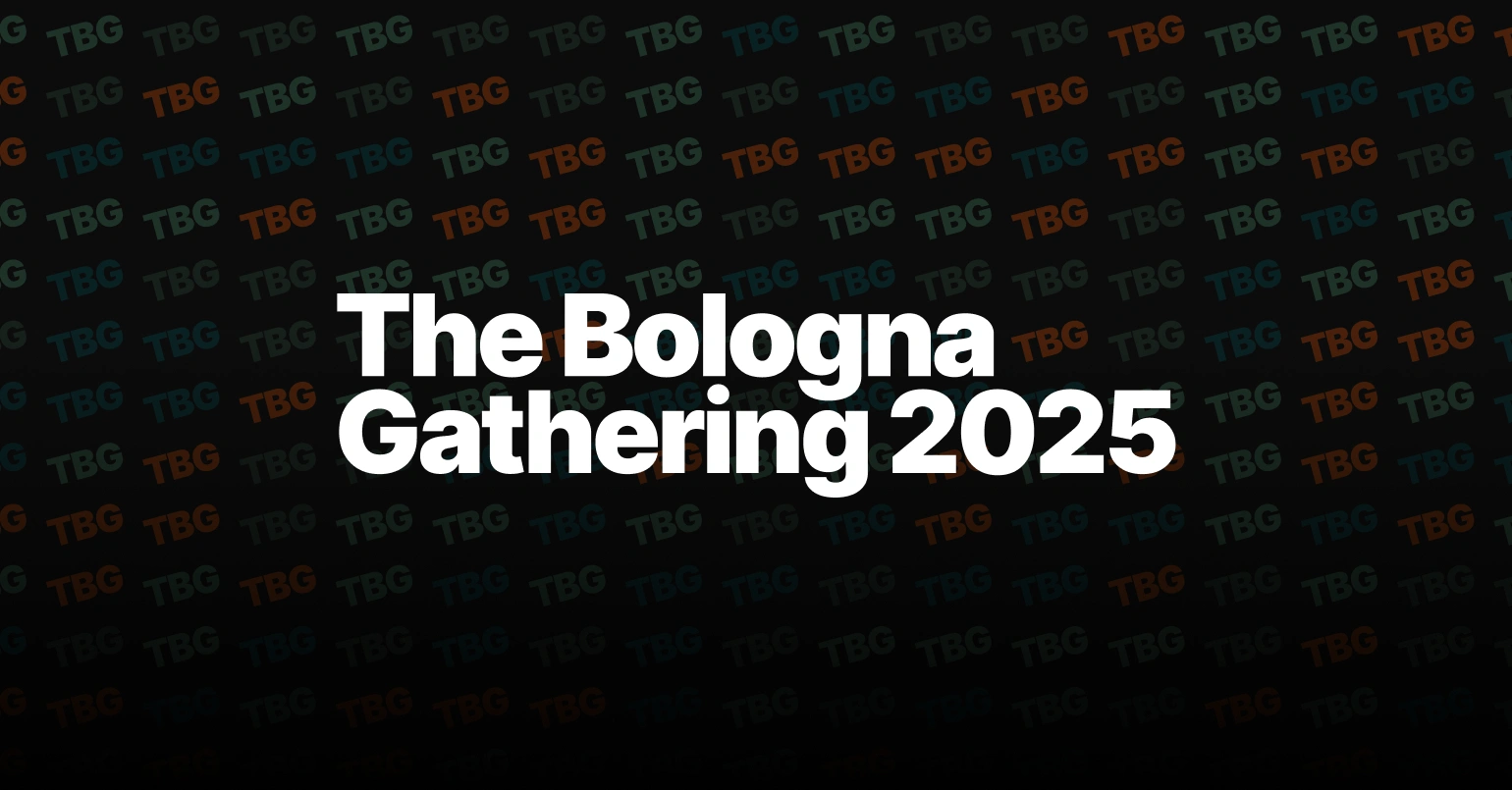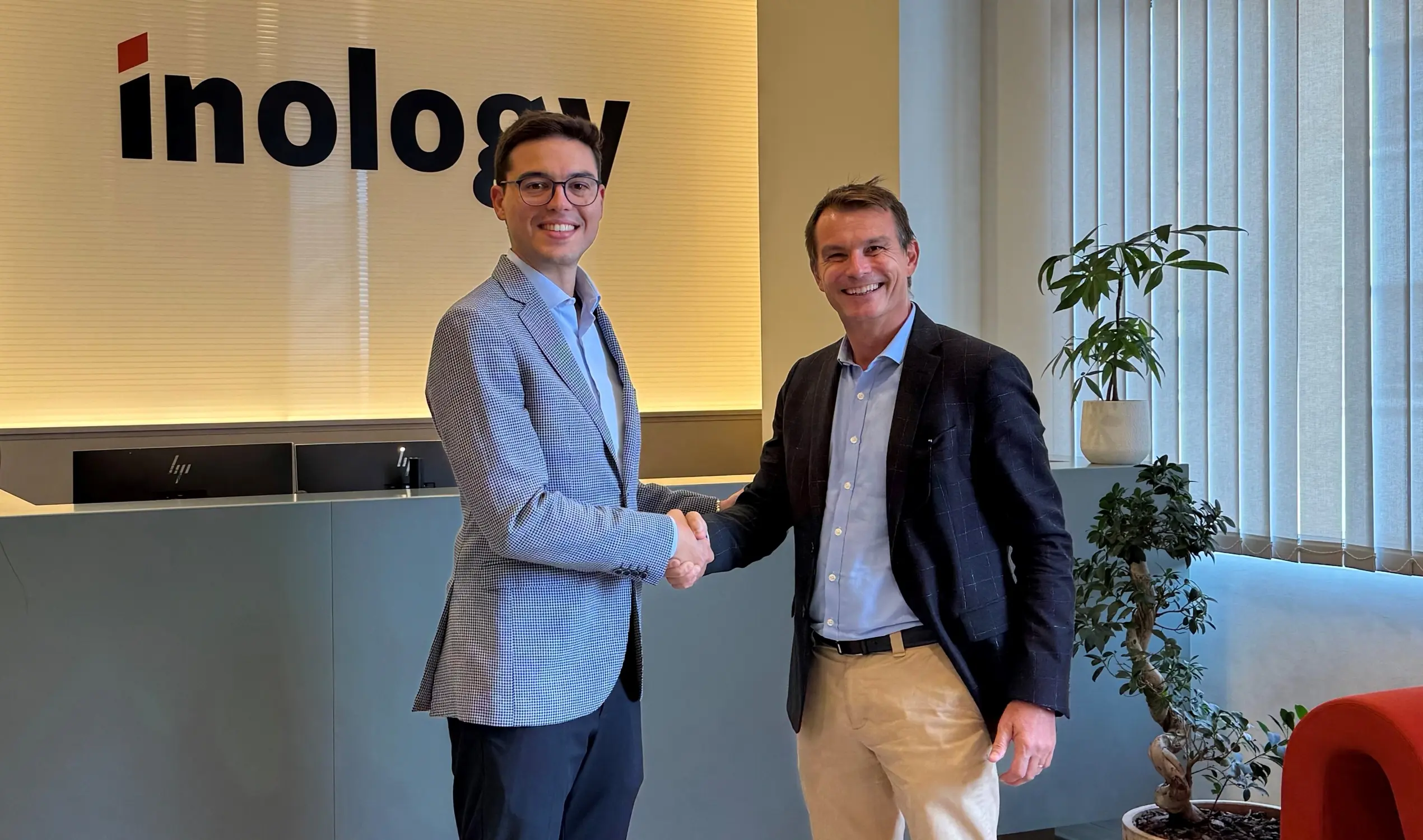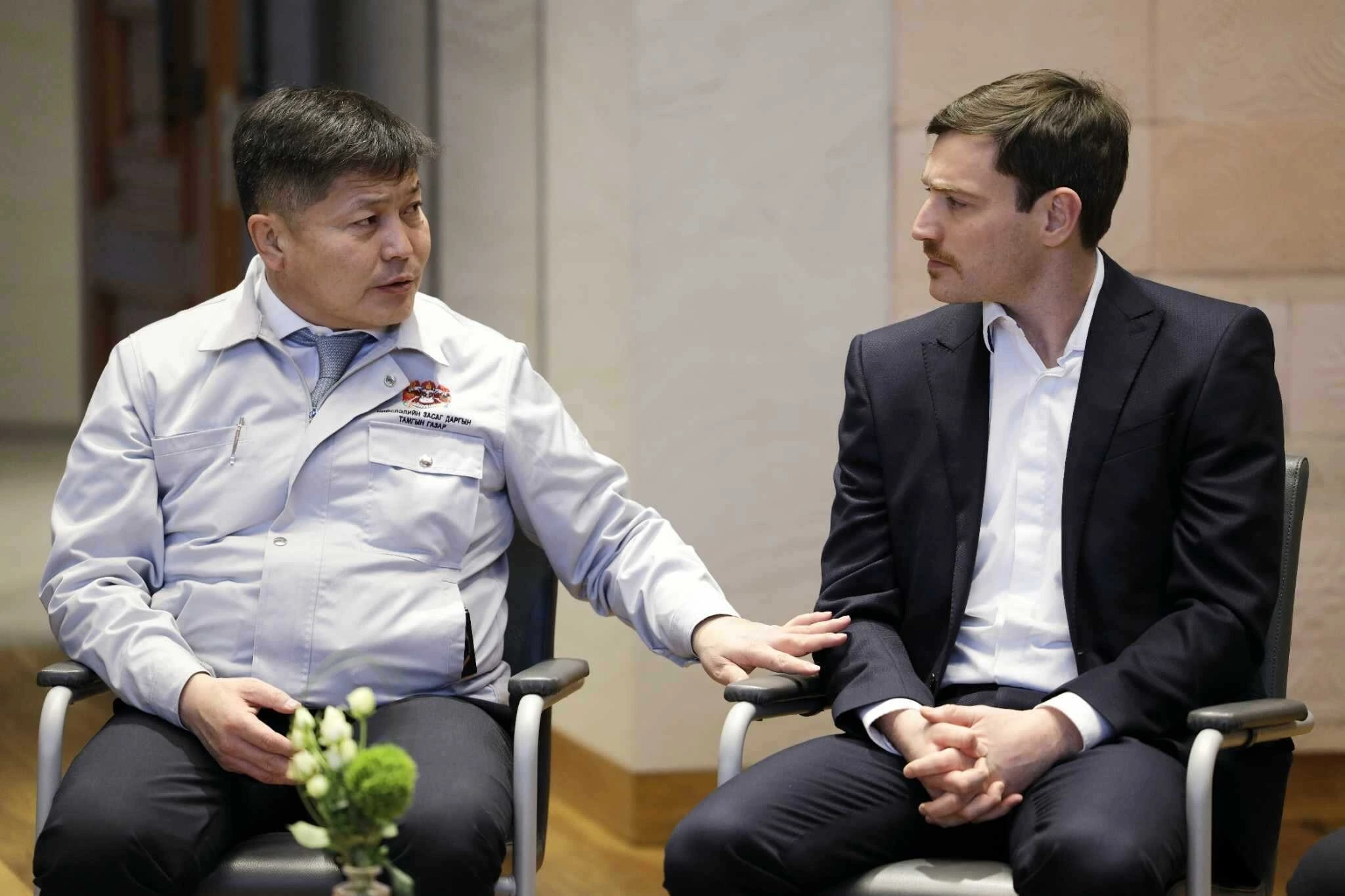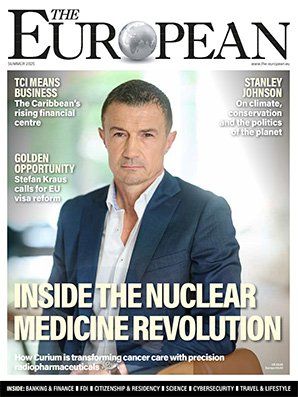Processing technology change

John E. Kaye
- Published
- Technology

No matter what industry or country you operate in, the need to keep up with the constant change in the technological environment is essential. It is not just major innovations or exciting new software developments that are altering how companies do business, but threats in the form of cyber attacks and new regulatory requirements are putting technology at the top of the agenda.
Leading cloud identity management company Okta organises yearly conferences to bring together over 2,500 IT professionals and experts to discuss the most transformative technologies making a difference across the world. I sat down with industry leaders at the recent Oktane17 conference to gain their insight on the major digital projects their companies are working on, new legislation organisations need to be aware of, and key technological developments due to impact businesses.
Oxfam CIO Michael Duggan
Aid and development charity Oxfam is known globally for its work on everything from championing women’s rights, reducing the impact of global warming to proving quality education to deprived communities. As Oxfam is a confederation of 20 independent affiliates, who act as independent organisations with their own boards and executive directors, technology plays an important role in connecting these distinct institutions together.
“We’ve all come together under a single brand, the Oxfam brand, and embrace a single set of beliefs and the type of change we want to bring to the world, in terms of human rights and justice,” says Oxfam Chief Information Officer Michael Duggan. “Around five years ago there was a realisation that we needed to be more than a brand, we needed to leverage the scale we have and in particular the knowledge we have across 8,500 employees and almost 50,000 volunteers.”
Duggan found that a key technological challenge at Oxfam was the 20 separate IT infrastructures at their affiliates, so the charity began to introduce global digital solutions to better connect these groups. “The first was a cloud file sharing service box so we could easily share documents across the entire confederation. A problem we ran into with this was that we needed to give people usernames and passwords, requiring an effective identity management solution,” he says.
An Australian Oxfam employee came across Okta, which helped solve this issue by knitting together all affiliates into a single unified identity solution, used by all Oxfam employees. “Thanks to this we’ve rolled out global application after global application from Facebook Workplace as our global social tool, ServiceNow as our global service desk solution and a global intranet called Compass,” he adds.
Duggan believes that the central technological trends that businesses will have to watch out for in the short-term are, without doubt, data protection and privacy. “It’s having an incredible impact in our sector. It started primarily on the fundraising side but there is a dawning realisation this will also apply to the 25 million beneficiaries Oxfam has,” he says.
“The example I always give to the leadership within the Oxfam confederation is the right to be forgotten. It’s been codified in the GDPR in Europe and when you work back from somebody’s right to be forgotten and you go through all the systems that person has touched, it is certainly a complex issue.”
If somebody donates money to Oxfam would they have the right to be forgotten? And what happens if they look for tax relief on the donation? Making sense of the conflicting requirements to adhere to will not be an easy task.
“This really demonstrates the really incredible challenge, not just Oxfam will have, but all organisations, in complying with legislation such as the GDPR and ultimately a recognition that certain current technologies, like customer relationship management solutions, are fundamentally broken because they are not built with the idea that people can take control over their own information,” says Duggan.
Engie Deputy Chief Infrastructure Officer Alain Delava
French multinational power company Engie is currently undergoing a major digital transformation, as well as defining new corporate strategies. This strategy focuses on three D’s: Decarbonisation, Decentralisation and Digitalisation. Alain Delava, Deputy Chief Infrastructure Officer at Engie explains why this change is needed and what it will entail.
“As part of our digitisation, we are making as many processes as possible digital. We are also working on improving operational efficiency of assets, as we still have power plants, although these are becoming less relevant as we move towards wind and solar,” says Delava.
Solid foundations are clearly needed for any successful digital strategy, with Engie not being an exception. “As a company over 100 years old, we have had many acquisitions, so in the past we couldn’t say that all subsidiaries were on the same technological platforms. That’s where we started in 2015 and from there we launched the first flagship project, bringing Office 365, a single collaboration platform, to all our employees from Shanghai to Paris to unify information sharing,” he says.
As a French-based company, 30% owned by the French government, considerations around which suppliers to use are complex. But the growing acknowledgment that you can’t have digital without the cloud is driving Engie to explore new options. “We’ve really seen a shift in mentality, where people are now seeing cloud as a way of doing security better. It started with Okta and now we are moving onto more. The market leaders in cyber security and identity management can do these services better than us, so after many conversations with colleagues we moved towards these solutions,” says Delava.
Okta President of Worldwide Field Operations Charles Race
After spending over a decade in a range of senior roles at data integration software provider Informatica, Charles Race made the move to Okta in 2016 as President of Worldwide Field Operations. This wide-ranging role covers everything that touches customers, including sales, marketing, services, support and customer success, alongside three main pillars.
“One is ensuring we have a vision and strategy in place for the next one to three years, with a more detailed 18-month plan that will de-risk the business, increase revenues and scale our offerings and go to the market in new ways,” says Race. “So my main focus is how do we scale into the larger enterprise, while also supporting a much more diverse customer base.”
After opening offices in London in late 2016 and San Jose in 2017, Okta has plans for further expansion. Having worked extensively in Europe, Race is acutely aware of the different set of challenges entering each country brings up: “We’ve got to be careful to make the right bets. We look at a lot of things, from the market size in terms of cloud technology and the countries adopting cloud technologies fastest. France is one of the leaders, with Germany being a little bit more risk adverse.”
A considerable concern of C-suite executives, especially those at multinational firms, is losing touch with different areas of the business. Race keeps up-to-date with what’s happening at Okta by having two to three one-on-one conversations with employees from across the company every single day, with Race having spoke to around 800 people at Okta since he joined.
By working in a company like Okta, Race has gained new insight into younger generations. “The age group of our workforce is a big difference for me personally and people in similar positions to mine need to understand that the younger generation is not just the same as us but younger. From the expectations to rewards, younger people expect different things completely,” he says.
Mark SettleOkta Chief Information Officer Mark Settle
Mark Settle became Okta’s first CIO in 2016, after gaining a vast amount of business experience as a seven time CIO and leading IT at a number of Fortune 500 companies. As can be expected, technology has changed completely over Settle’s career.
“As a first time CIO I spent a lot of time proving to myself that I could do the job and in many cases, unfortunately, to prove to other people I was the smartest guy in the room. I felt like I was the chief quality control officer for what happened at the business. Probably anyone in a general management role could tell you the same thing but as the organisations you manage get larger, you’re skills start to atrophy,” explains Settle.
“New technologies appear, roles change and new employee development programs come out of the woodwork. So the things you were skilled in become increasingly less relevant. Now there is a bigger focus on process and people, so you’ve got to make sure you’ve got great people and the right processes are in place,” he adds.
Settle contends that in a lot of ways CIOs can be their own worst enemy, by focusing too much on the technical aspects of their job, and offers some pointers on how they can get the most out of their informal business opportunities.
“Don’t ever pass up an opportunity to go on a business trip or a dinner with a business executive, because I probably learned more about how things work in business by sitting around the United Airlines lounge waiting for a plane or going for breakfast before a customer meeting, than I have in all day operations reviews with 140 powerpoint charts filled with numbers,” he concludes.
Sign up to The European Newsletter
RECENT ARTICLES
-
 AI innovation linked to a shrinking share of income for European workers
AI innovation linked to a shrinking share of income for European workers -
 Europe emphasises AI governance as North America moves faster towards autonomy, Digitate research shows
Europe emphasises AI governance as North America moves faster towards autonomy, Digitate research shows -
 Surgeons just changed medicine forever using hotel internet connection
Surgeons just changed medicine forever using hotel internet connection -
 Curium’s expansion into transformative therapy offers fresh hope against cancer
Curium’s expansion into transformative therapy offers fresh hope against cancer -
 What to consider before going all in on AI-driven email security
What to consider before going all in on AI-driven email security -
 GrayMatter Robotics opens 100,000-sq-ft AI robotics innovation centre in California
GrayMatter Robotics opens 100,000-sq-ft AI robotics innovation centre in California -
 The silent deal-killer: why cyber due diligence is non-negotiable in M&As
The silent deal-killer: why cyber due diligence is non-negotiable in M&As -
 South African students develop tech concept to tackle hunger using AI and blockchain
South African students develop tech concept to tackle hunger using AI and blockchain -
 Automation breakthrough reduces ambulance delays and saves NHS £800,000 a year
Automation breakthrough reduces ambulance delays and saves NHS £800,000 a year -
 ISF warns of a ‘corporate model’ of cybercrime as criminals outpace business defences
ISF warns of a ‘corporate model’ of cybercrime as criminals outpace business defences -
 New AI breakthrough promises to end ‘drift’ that costs the world trillions
New AI breakthrough promises to end ‘drift’ that costs the world trillions -
 Watch: driverless electric lorry makes history with world’s first border crossing
Watch: driverless electric lorry makes history with world’s first border crossing -
 UK and U.S unveil landmark tech pact with £250bn investment surge
UK and U.S unveil landmark tech pact with £250bn investment surge -
 International Cyber Expo to return to London with global focus on digital security
International Cyber Expo to return to London with global focus on digital security -
 Cybersecurity talent crunch drives double-digit pay rises as UK firms count cost of breaches
Cybersecurity talent crunch drives double-digit pay rises as UK firms count cost of breaches -
 Investors with €39bn AUM gather in Bologna to back Italy’s next tech leaders
Investors with €39bn AUM gather in Bologna to back Italy’s next tech leaders -
 Axians and Nokia expand partnership to strengthen communications infrastructure across EMEA
Axians and Nokia expand partnership to strengthen communications infrastructure across EMEA -
 Forterro buys Spain’s Inology to expand southern Europe footprint
Forterro buys Spain’s Inology to expand southern Europe footprint -
 Singapore student start-up wins $1m Hult Prize for education platform
Singapore student start-up wins $1m Hult Prize for education platform -
 UK businesses increase AI investment despite economic uncertainty, Barclays index finds
UK businesses increase AI investment despite economic uncertainty, Barclays index finds -
 Speed-driven email security: effective tactics for phishing mitigation
Speed-driven email security: effective tactics for phishing mitigation -
 Short circuit: humanoids go for gold at first 'Olympics for robots'
Short circuit: humanoids go for gold at first 'Olympics for robots' -
 New IBM–NASA AI aims to forecast solar flares before they knock out satellites or endanger astronauts
New IBM–NASA AI aims to forecast solar flares before they knock out satellites or endanger astronauts -
 AI is powering the most convincing scams you've ever seen
AI is powering the most convincing scams you've ever seen -
 British firm Skyral to help Mongolia tackle pollution with AI traffic modelling
British firm Skyral to help Mongolia tackle pollution with AI traffic modelling












